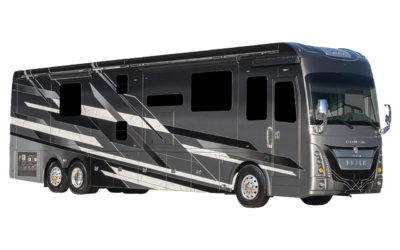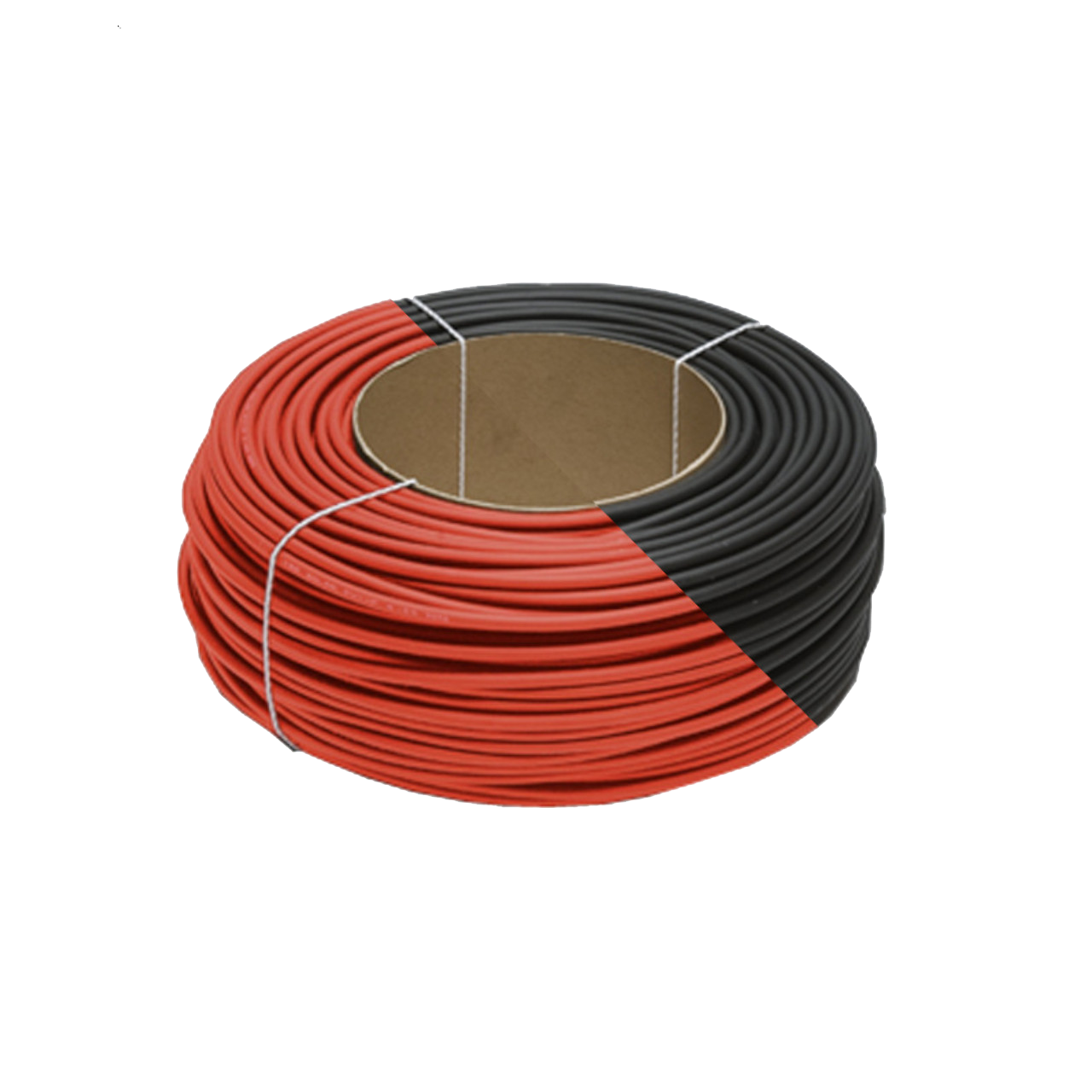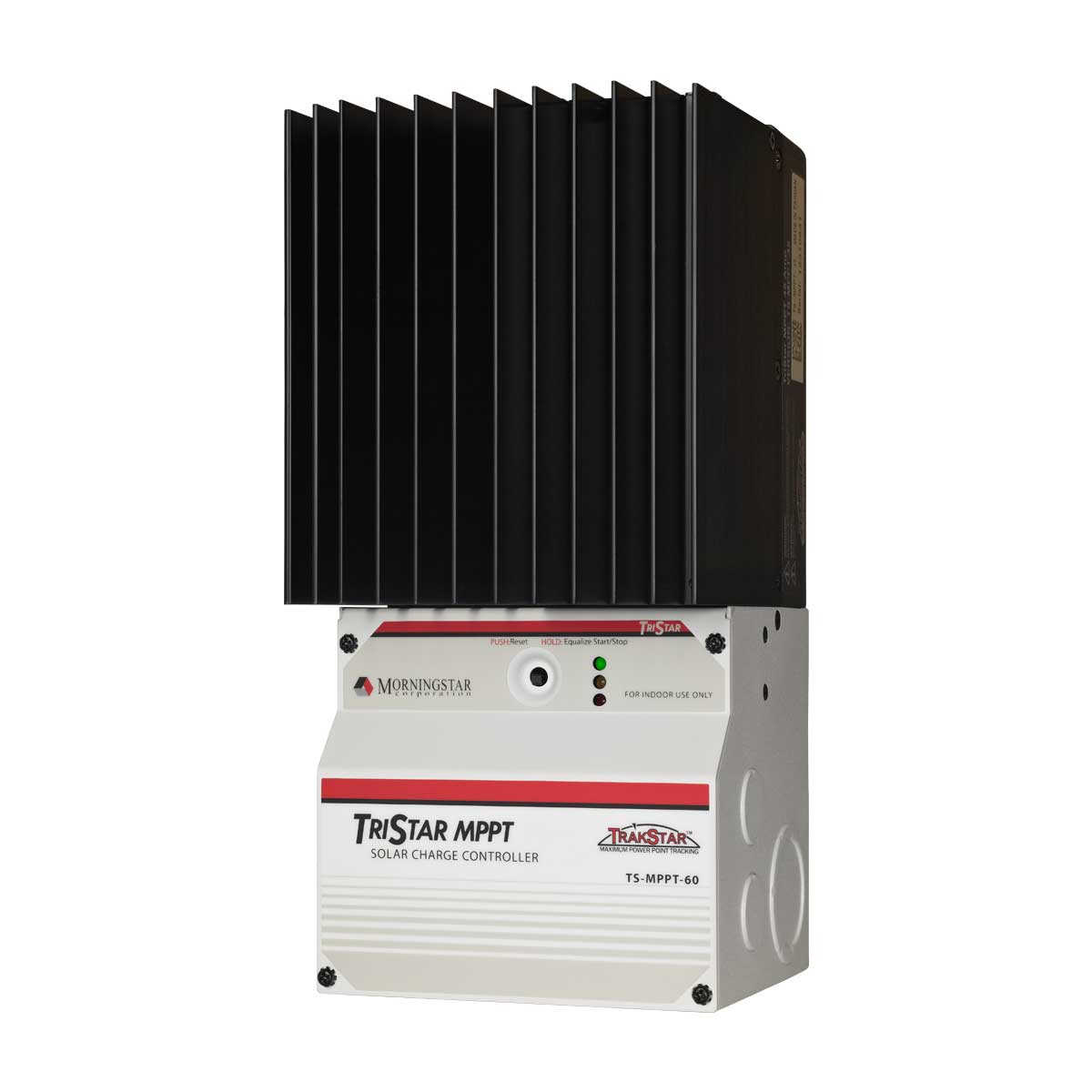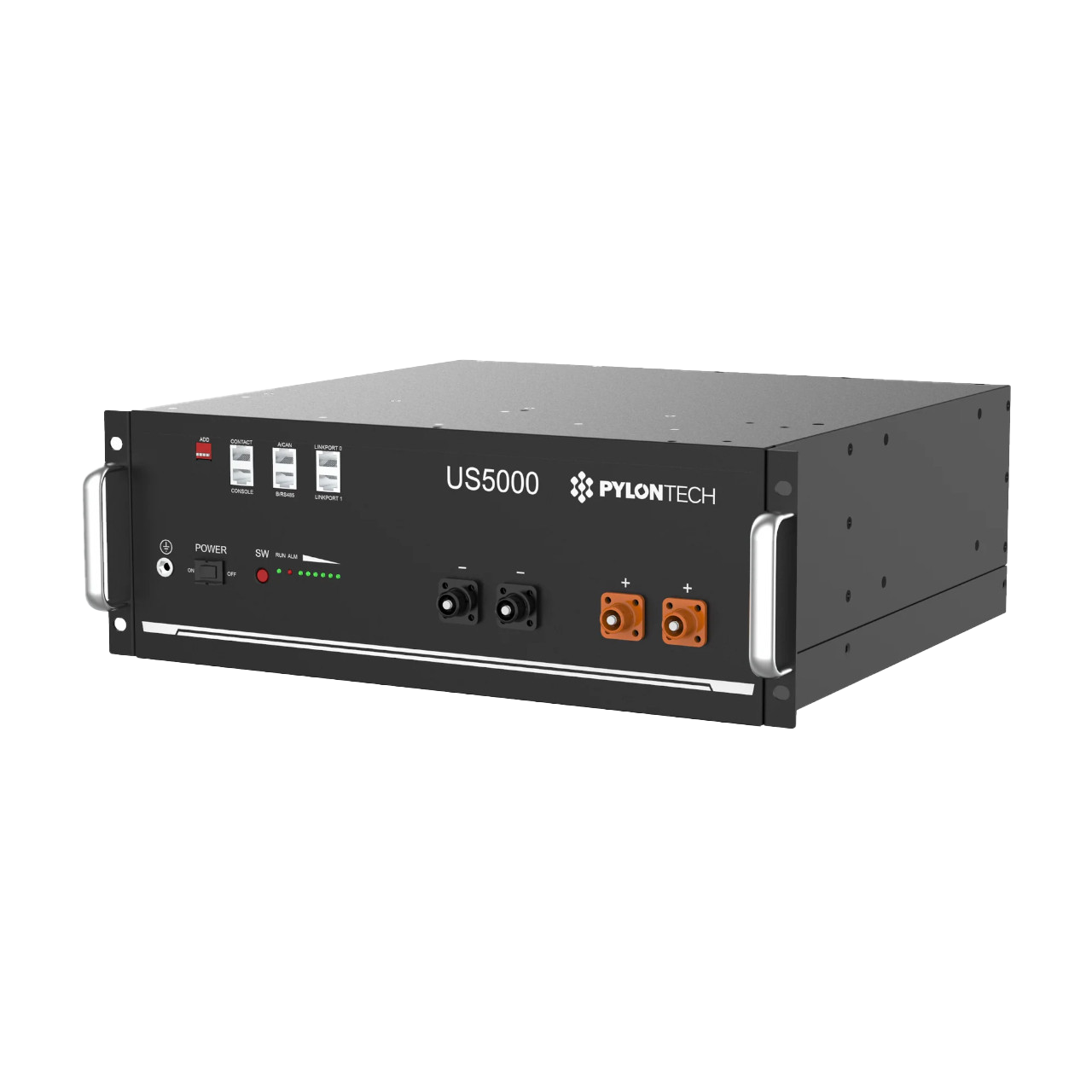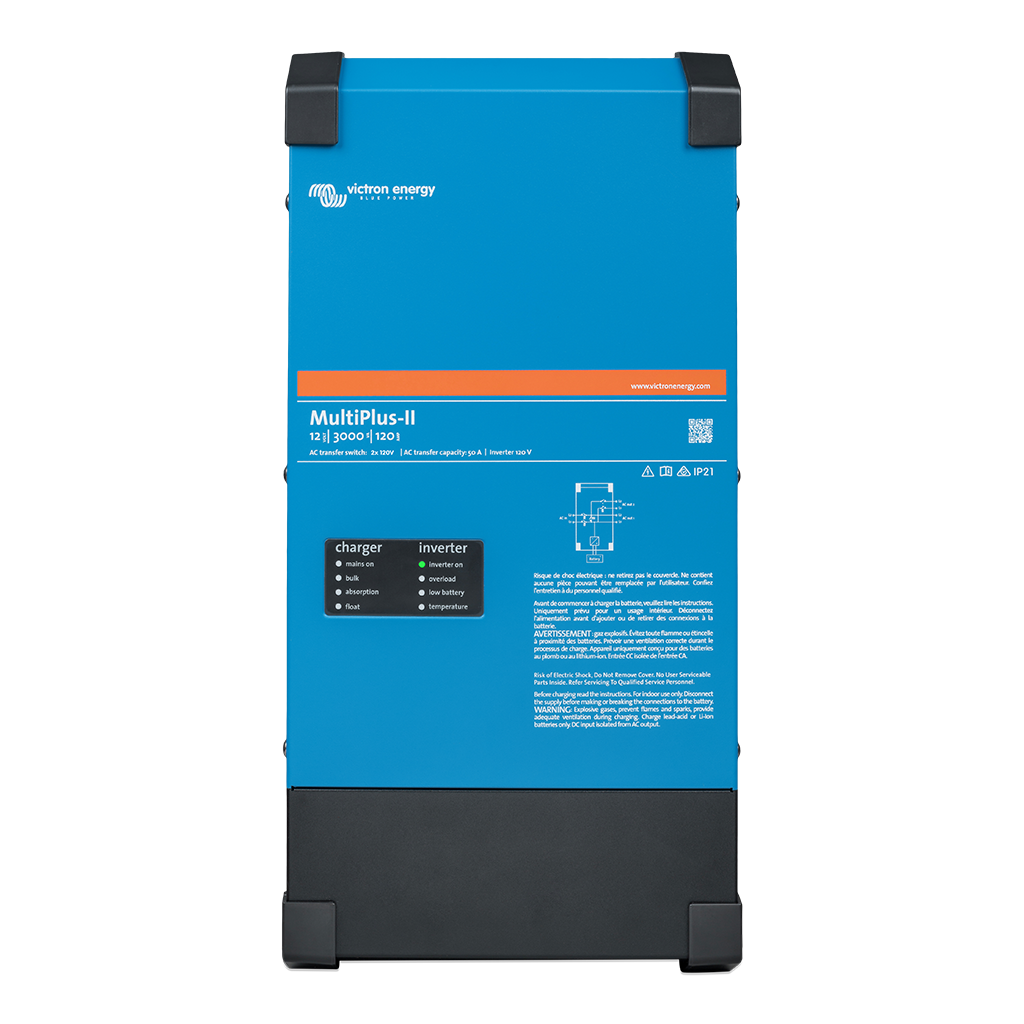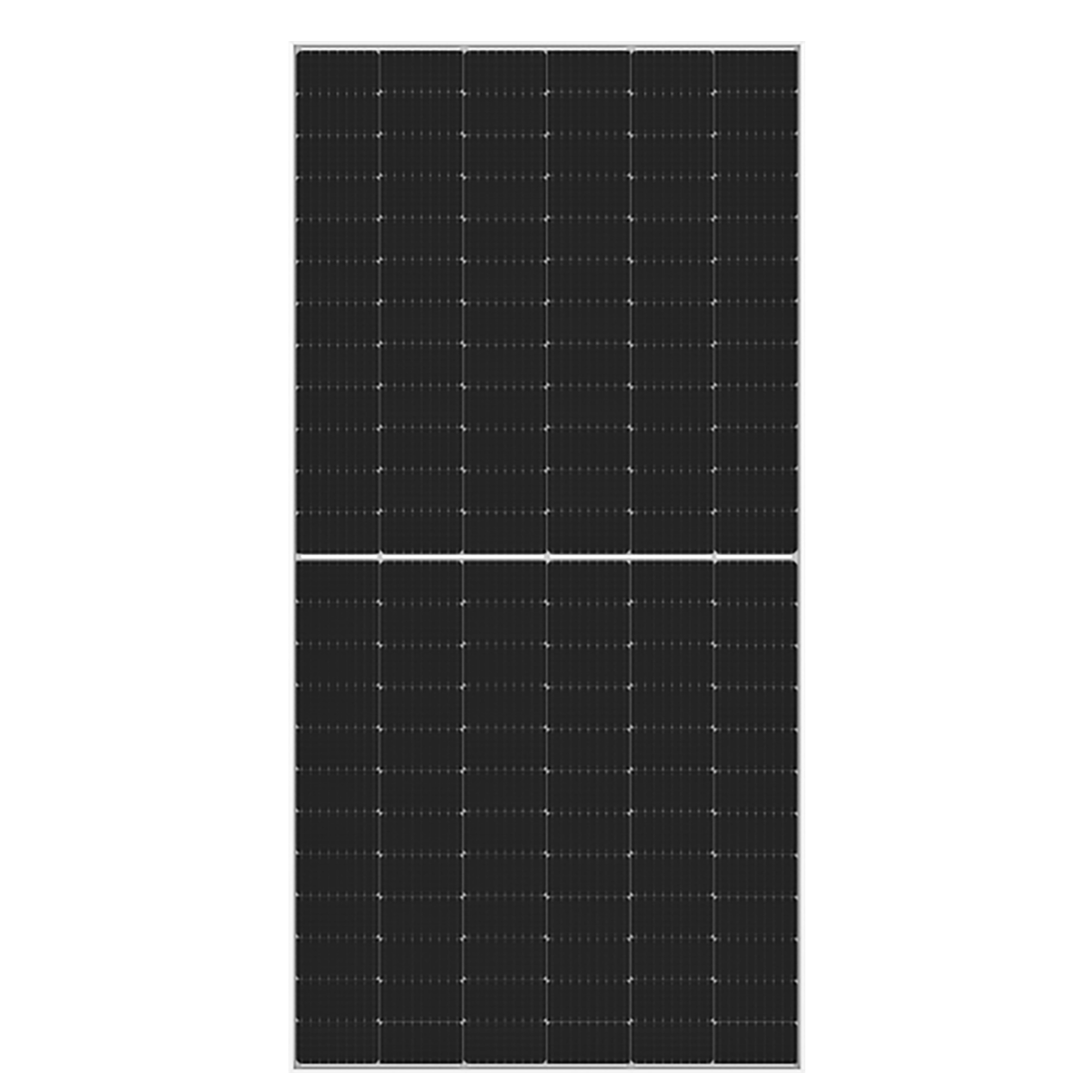RV/Boat Solar
In the realm of recreational vehicles (RVs) and boats, the quest for energy independence and sustainable living has given rise to the integration of solar power systems. Embracing the sun as a clean and renewable energy source, solar systems for RVs and boats provide an eco-friendly solution for power generation, enabling enthusiasts to venture off-grid with confidence. In this guide, we will explore the key components, benefits, and considerations of solar systems designed for these mobile habitats.


